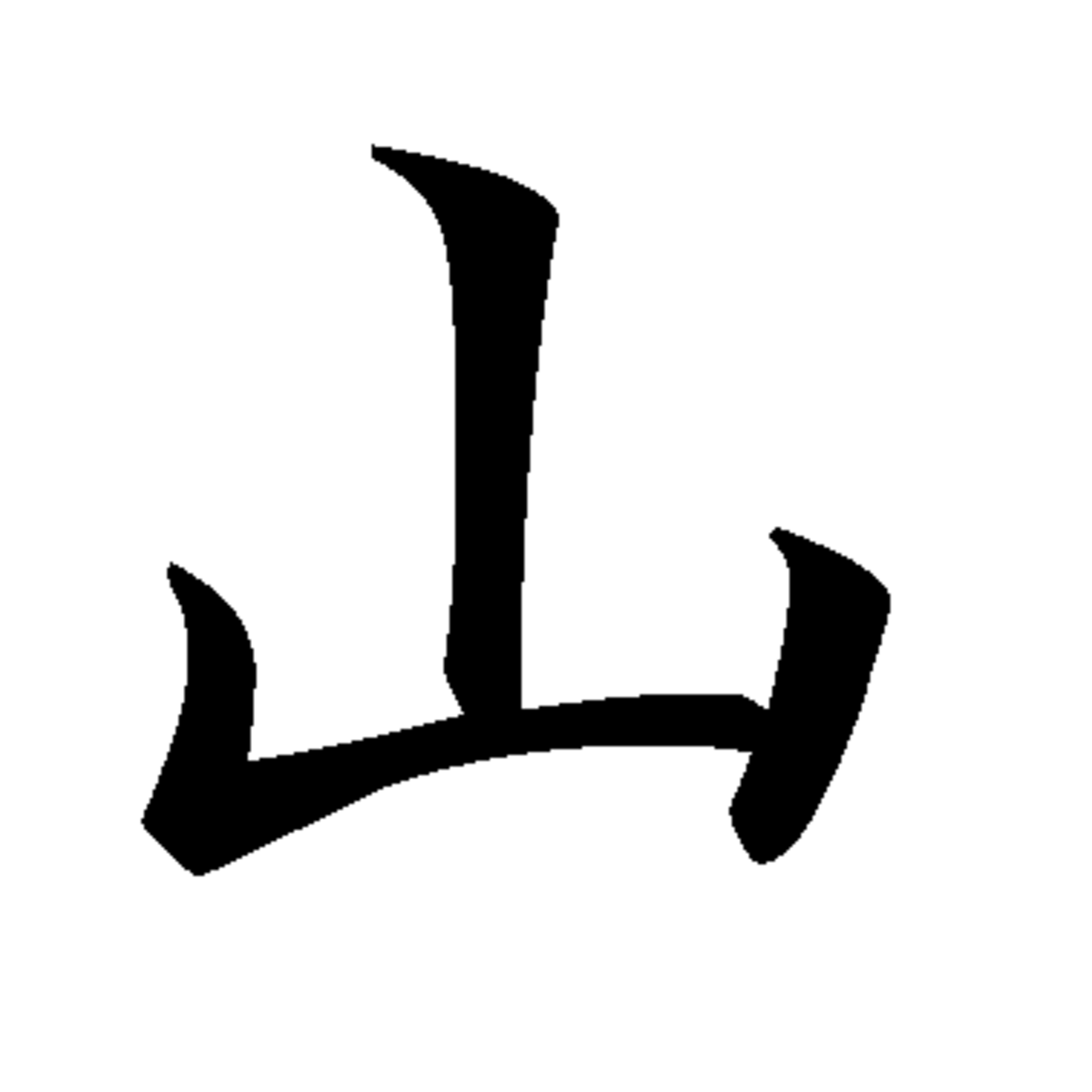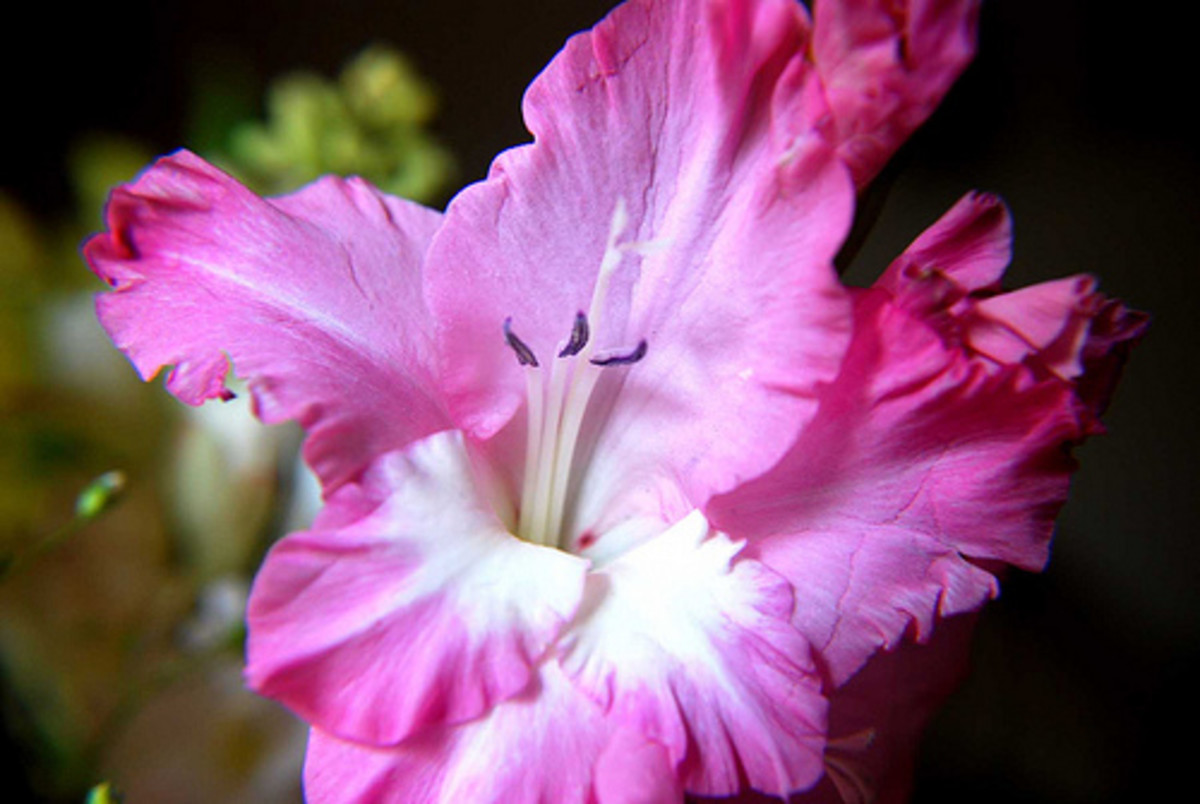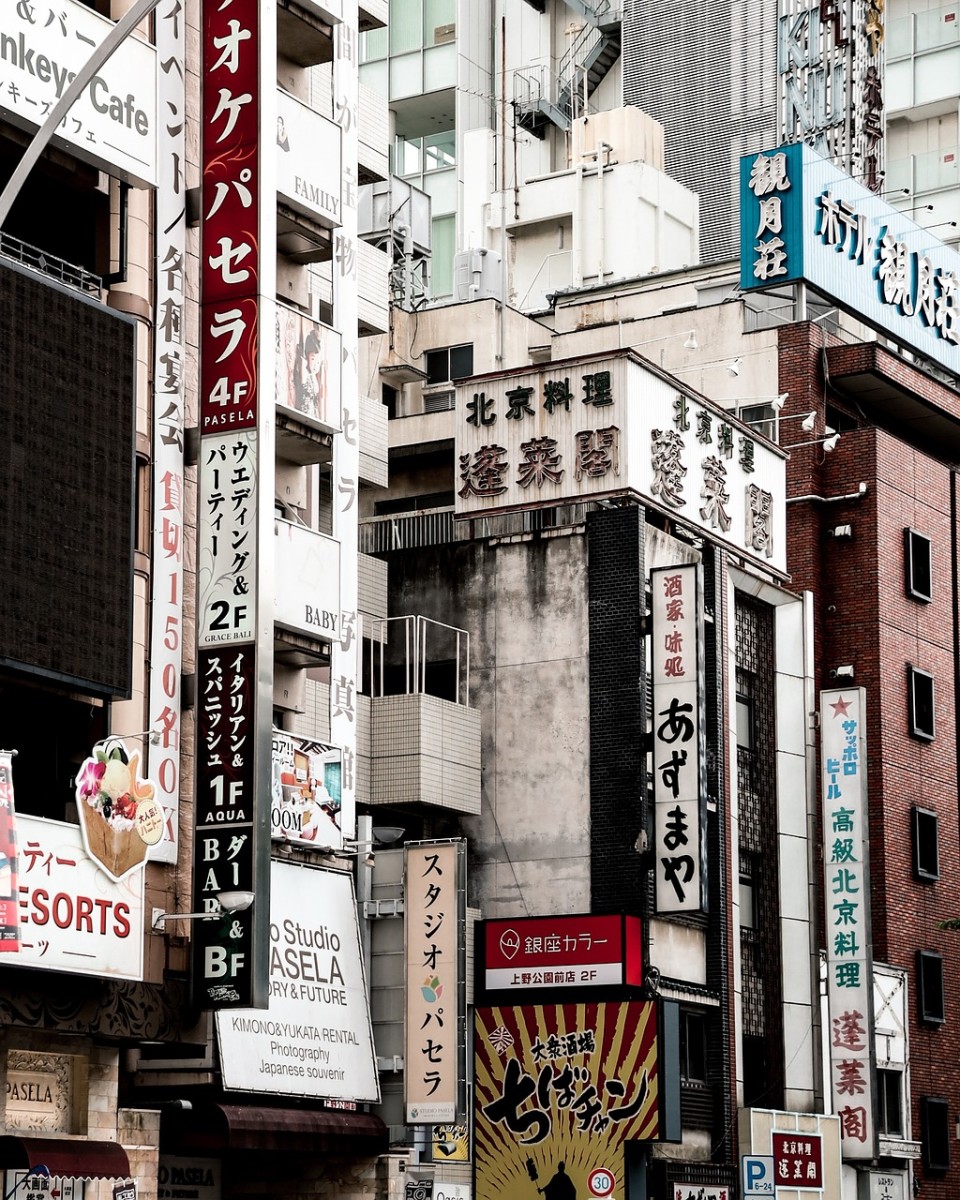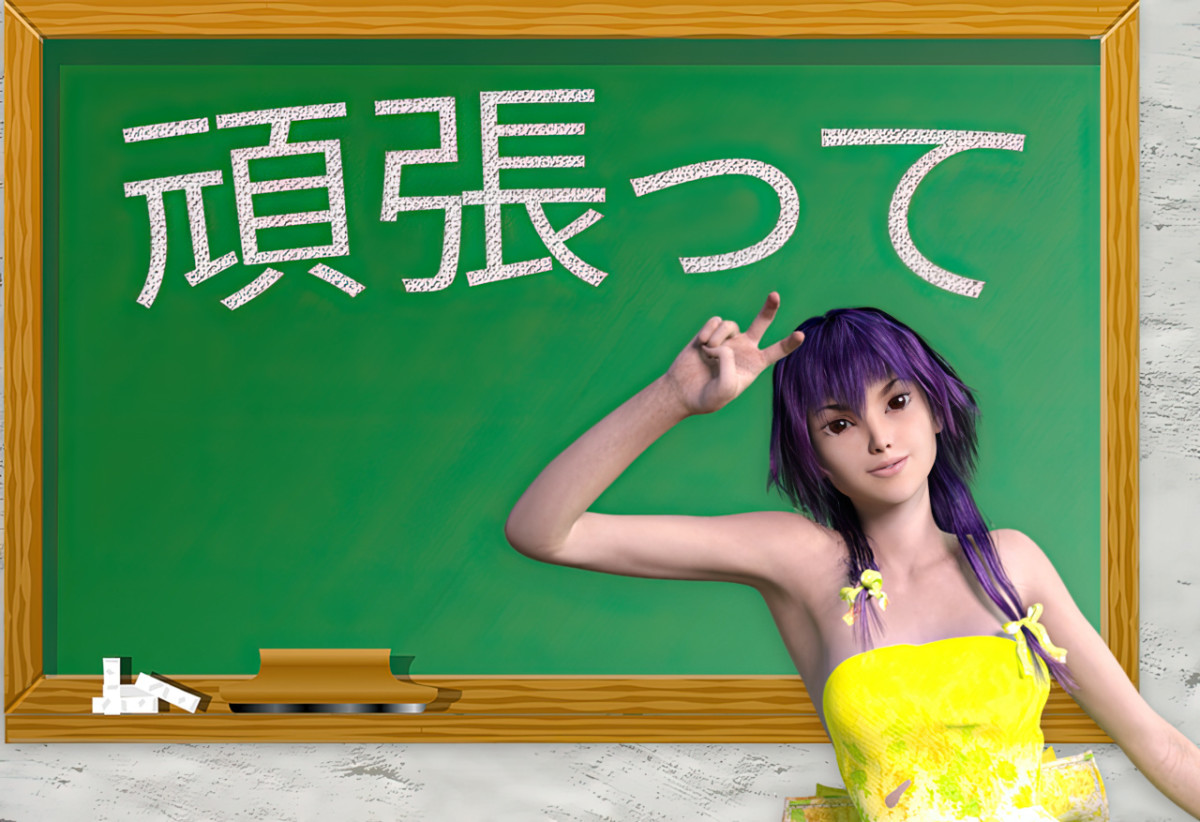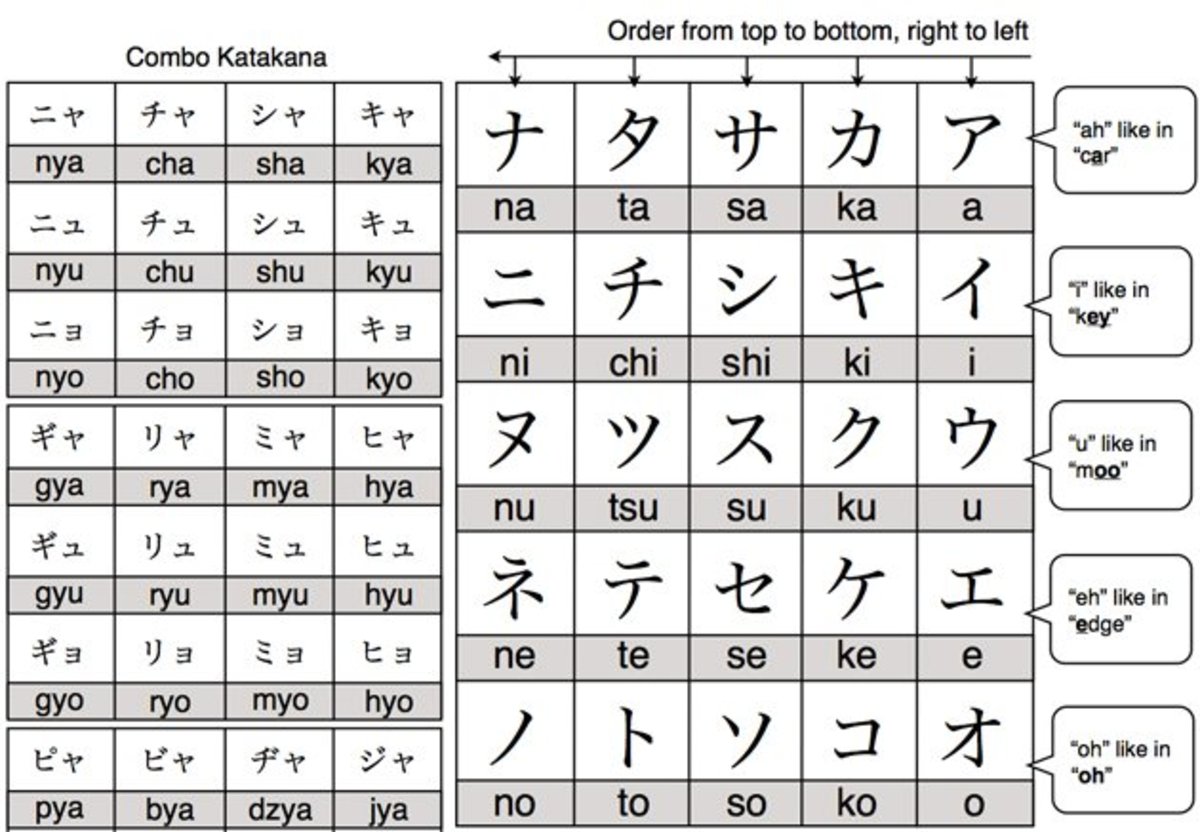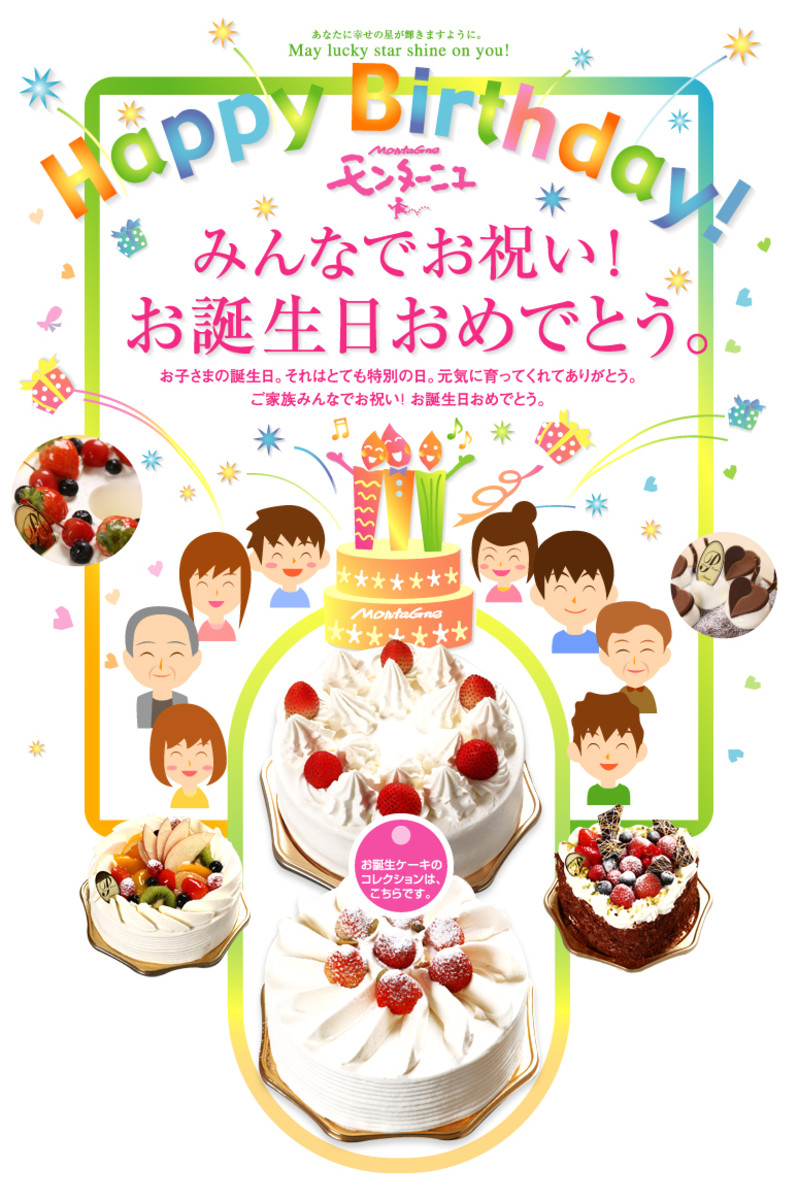Five Japanese Idioms
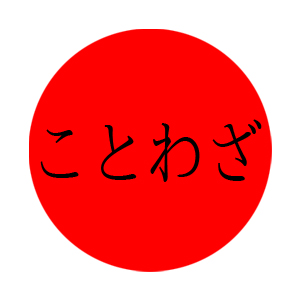
As Clean as a Split Bamboo
Japanese: 竹を割ったよう (take o watta yô)
Meaning: frank, clear-cut, straight-forward
When you cut a bamboo pole lengthwise, the cut is very clean and straight. Therefore a person who is 'like a split bamboo pole', 竹を割ったような人(take o watta you na hito) is a clear-cut person that is honest, frank and straight-forward. He doesn't mess around, but 'cuts' right to the chase. As far as I know, this idiom is always used in a positive sense.
Example: 山田さんは竹を割ったような性格ですね。本当に決断力の人です。 "Mr. Yamada is really clear-cut, huh. He's really a person of decision."
To Stretch One's Wings
Japanese: 羽を伸ばす (hane o nobasu)
Meaning: to cut loose, to let one's hair down, to get rid of inhibition
At school or at the office, there are countless rules and constraints forced upon you and if you don't conform, you will get in trouble, especially in Japan. But when you get home, you're finally able to throw off these shackles of society and 'spread your wings'. This can mean both "to relax", "to let your hair down" or "to cut loose", that is doing things you normally wouldn't do.
Example: 数日間、思い切り羽を伸ばしたいな。"I want to get away from it all for a few days."
Dumplings Rather Than Flowers
Japanese: 花より団子 (hana yori dango)
Meaning: Preferring the practical over the aesthetic
Laying on the grass and appreciating the beautiful scenery around you can be really nice and relaxing...but what's the use if your stomach starts to rumble? In this case, you should eat some delicious sweet dumplings before returning to your flowergazing. There are several English equivalents to this phrase, such as "Bread is better than the songs of birds" or "Fair words fill not the belly". The Japanese phrase can be used in both these situations, although I've heard it most often as a complaint like in the following example:
Example: せっかくお花見に来たのに彼は食べてばかりな。やっぱり花より団子のタイプだ。"Although we came to appreciate the flowers, he's just eating the whole time...he really prefers the practical over the aesthetic I suppose."
Flower on a High Peak
Japanese: 高嶺の花 (takane no hana)
Meaning: something unreachable, unnattainable
You see a beautiful flower, but it's high up on a peak on the other side of a crevice. There are no bridges, no way around - you just can't get to it. All you can do is view it from a distance with longing. Can refer to anything and anyone that can't be reached/obtained for some reason.
Example: 彼女に片思いしてるけど、高嶺の花なー。"I have a crush on her, but she's unnatainable..."
Not Saying is the Flower
Japanese: 言わぬが花 (iwanu ga hana)
Meaning: silence is golden
Sometimes it's better to keep one's mouth shut than say something and regret it later. After all: Silence is golden sometimes. But in Japan, silence is a beaufitul flower instead of shiny gold. The applications are the same though.
Example: ね、言わないほうがいいと思ってる。「言わぬが花」ってことわざもあるし。"I think you shouldn't say anything. After all, 'silence is golden'"


